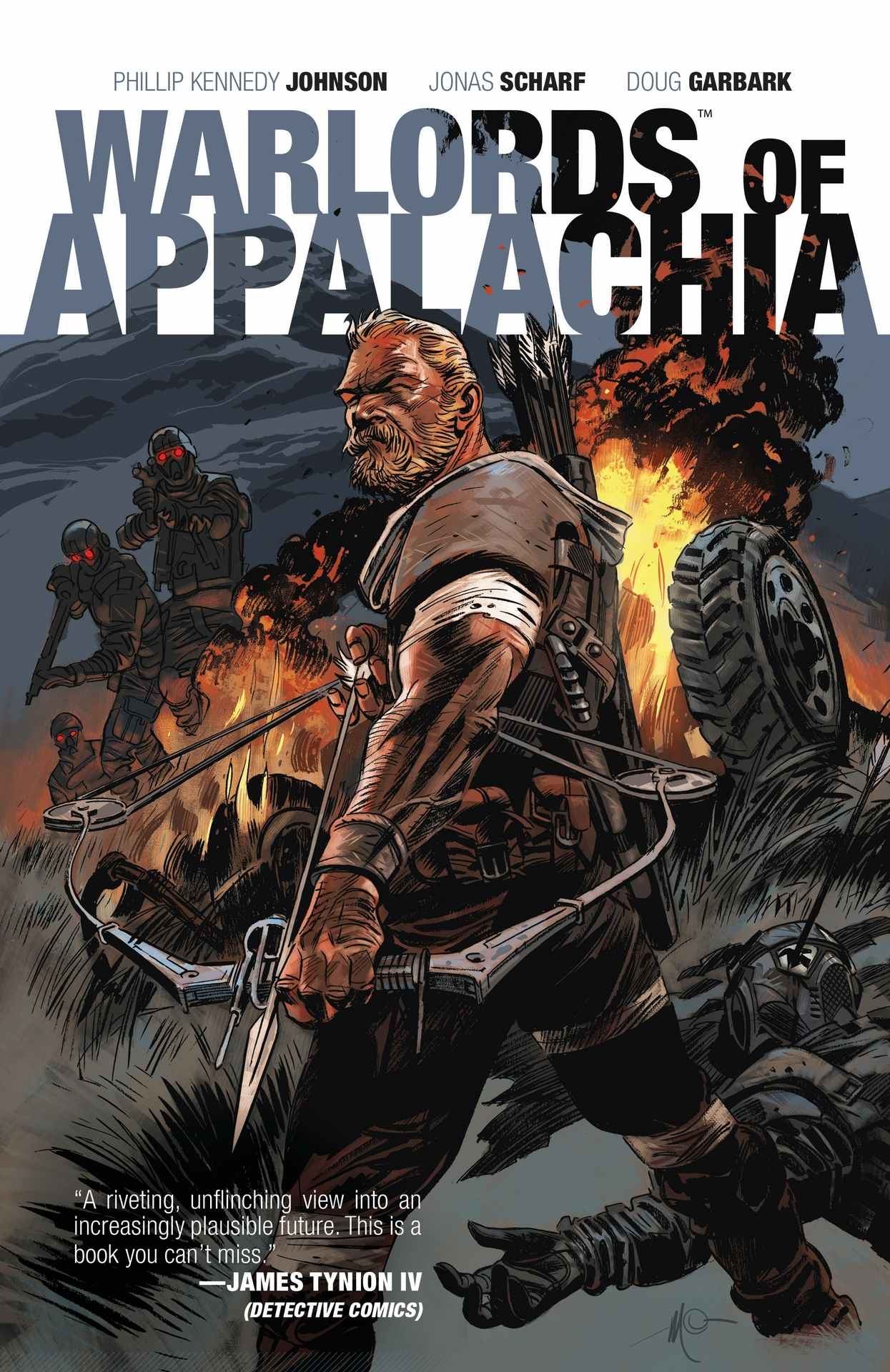A couple of weeks ago, I wrote an essay comparing the art forms of jazz and comic books. I decided I wanted it read by a larger audience than my blog posts usually reach, so I contacted Ron Marz.
Ron’s a comic writer of many years, and he also writes a great blog called Shelf Life. I follow Shelf Life on ComicBookResources.com, an invaluable comic magazine that’s helped me educate myself since getting back into comics. I introduced myself, Ron read the piece, he sent it on to CBR, and today they ran it.
I wasn’t expecting the number, or variety, of comments and Tweets that followed. They ranged from “Good representation” to “I don’t get this part” to “HAHAHAHAHAHA” to “This is ridiculous.” But after a generally negative start, the comments starting getting more interesting.
People started comparing not just the art forms, but the industries. People discussed the differences in licensing rights, historic parallels as evolving from “junk culture” to “legitimate,” the effect of digital media, the role of the publishers, the issue of race, etc. One reader abandoned jazz completely and suggested another terrific analogy, comparing the decades-long Batman continuity with the construction of a medieval cathedral, with each new generation of artisan adding his own personal touch. One Australian reader utterly dismissed the jazz/comic comparison because jazz is inherently a black music, and comics are… well, complete shit, apparently. Seeing as it was posted on ComicBookResources.com, I hope that comment gets a response. Comment #15, people! Sic Balls!
Tonight I got on Twitter, to see what people were saying, and I got sucked into two different conversations with readers who were comparing various important figures in comics to important figures in jazz. “If Jack Kirby is Louis Armstrong, who’s Will Eisner?” “You say Scott Snyder is Miles Davis, but Miles has to be Moebius.” This is exactly the kind of geek-out I wanted to get rolling.
I would like to add one addendum to the essay, one I wish I had written more clearly the first time. A few people have taken issue with my comparison of Scott Snyder and Miles Davis, so let me explain.
It’s fun to compare artists to musicians, but the real comparison was between Snyder’s American Vampire and the Miles Davis Quintet. For me, The Miles Davis Quintet has always been the gold standard for musical cohesion. The first great quintet (with John Coltrane, Red Garland, Paul Chambers and Philly Jo Jones), later the second great quintet (with Wayne Shorter, Herbie Hancock, Ron Carter and Tony Williams), and arguably other groups he’s had. Those groups interacted so completely and so spontaneously, it was as if one person played all the instruments at once. Listening to Sorcerer for the first time was a revelation; it was how jazz was supposed to be, one from many. I get the same feeling reading American Vampire, the feeling of experiencing an ensemble piece that has transcended the ensemble and become a complete work. Snyder’s writing is the center of that piece, and the art team shapes the book the way Coltrane and the others shaped the first great Quintet. When Sean Gordon Murphy came aboard, it continued to be American Vampire, but the tone of the ensemble changed.
Many thanks to Ron Marz and Jonah Weiland for putting my piece out there. I love where the conversation’s going.
Click here to visit ComicBookResources.com, and here to read the essay.

FRANK MILLER IS MILES DAVIS YOU FOOL
False. Frank Miller’s work is dark, intensely urban, often done alone… To me that sounds like organist John Medeski, of Medeski, Martin and Wood. But if you take into account his political views, the anger, the sexual hang-ups in his work, you could also make the case that Frank’s the anti-Mingus.